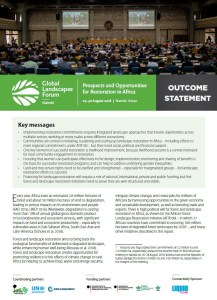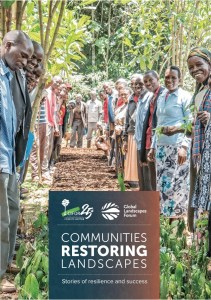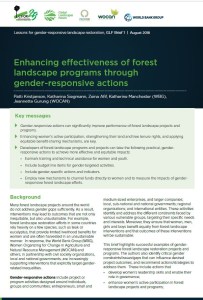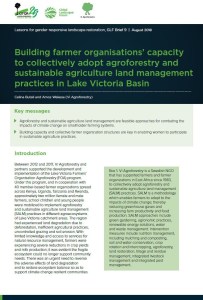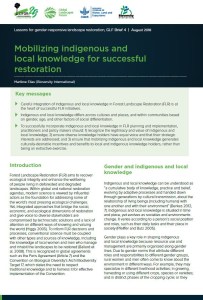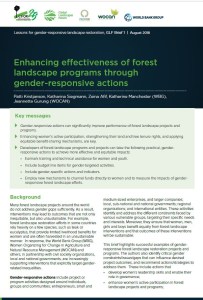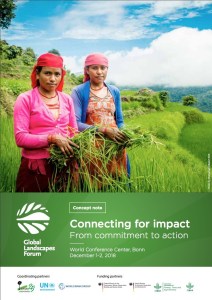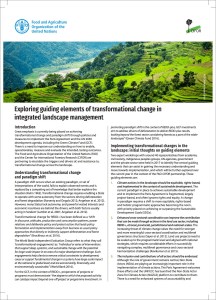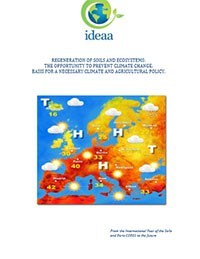Accelerating Forest Landscape Restoration
In almost every country of the world, forest landscape restoration (FLR), which aims for the long-term conservation and sustainable use of forests, can help to reduce land-based emissions. In light of the fact that FLR remains heavily underutilized in practice, this brief elaborates concrete options for ambitious climate and forest protection through FLR that are not only effective and efficient, but also politically desirable and implementable.


